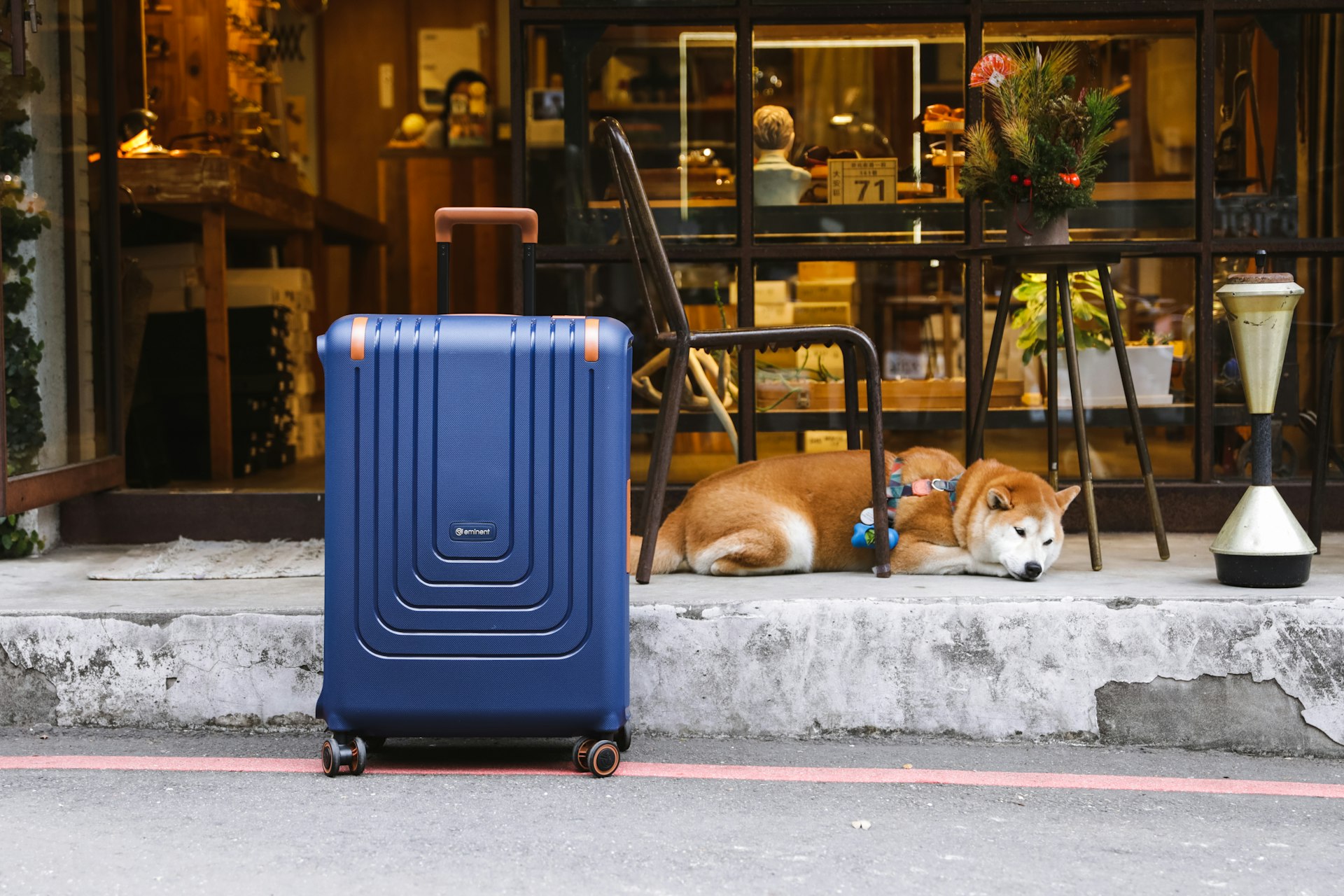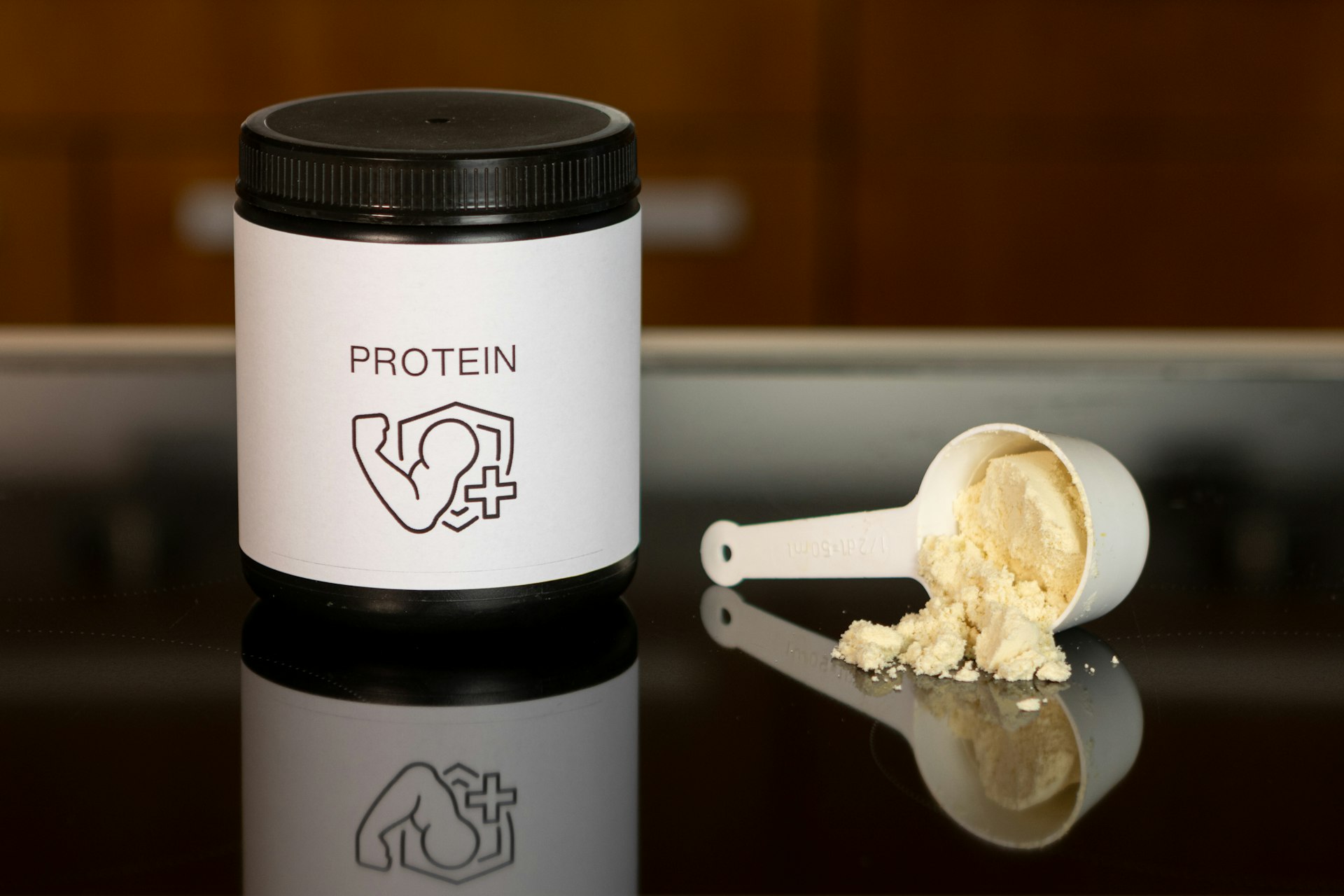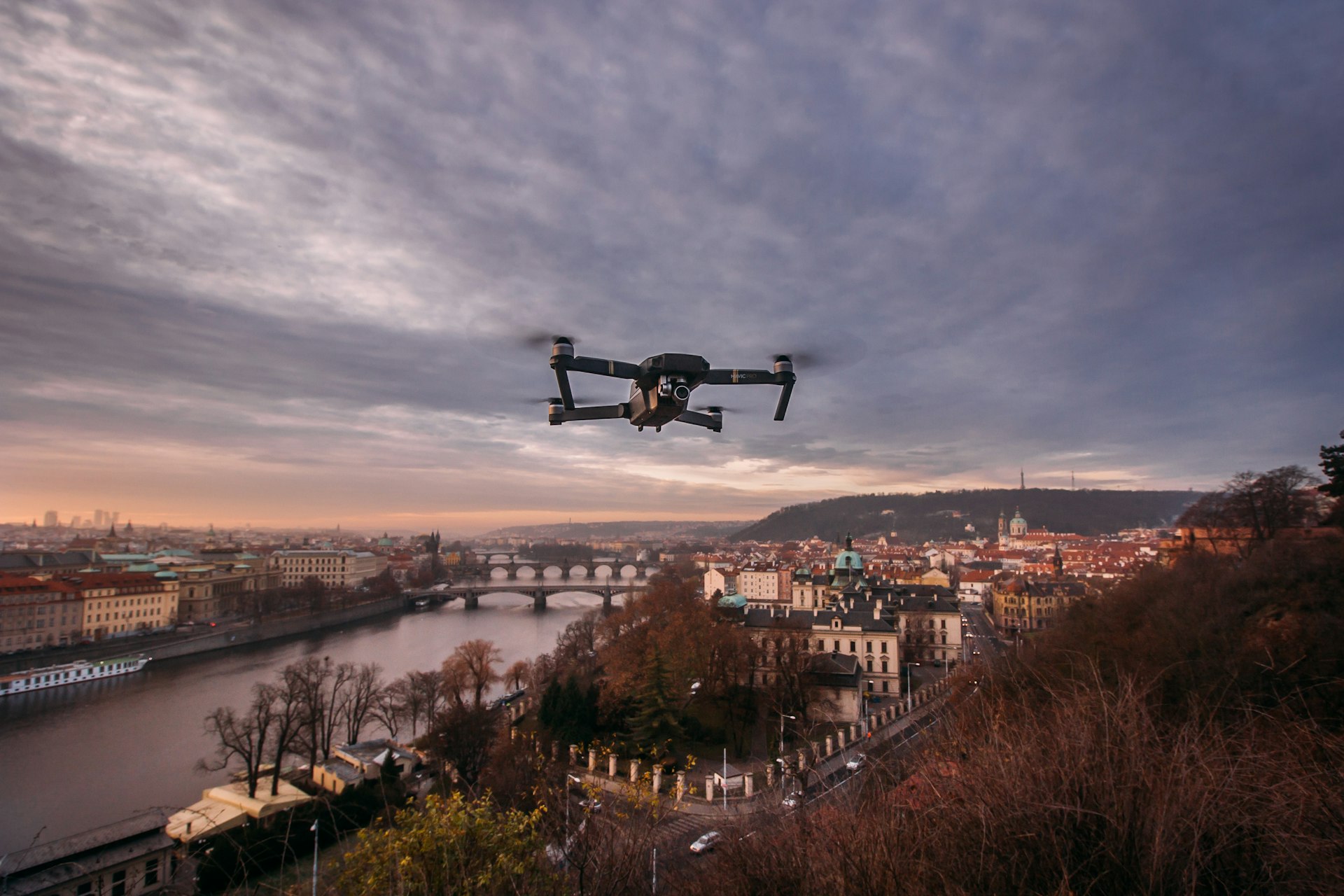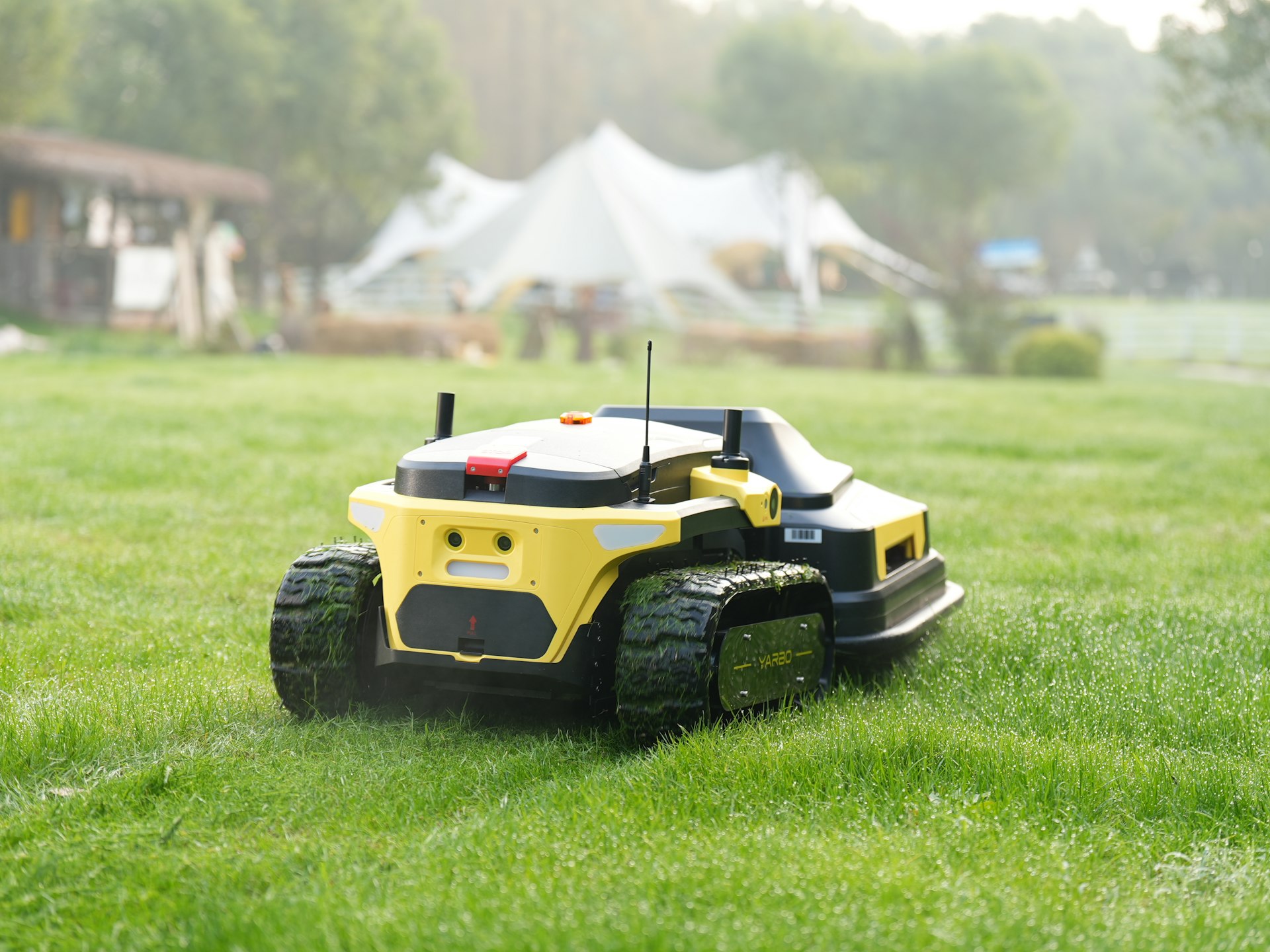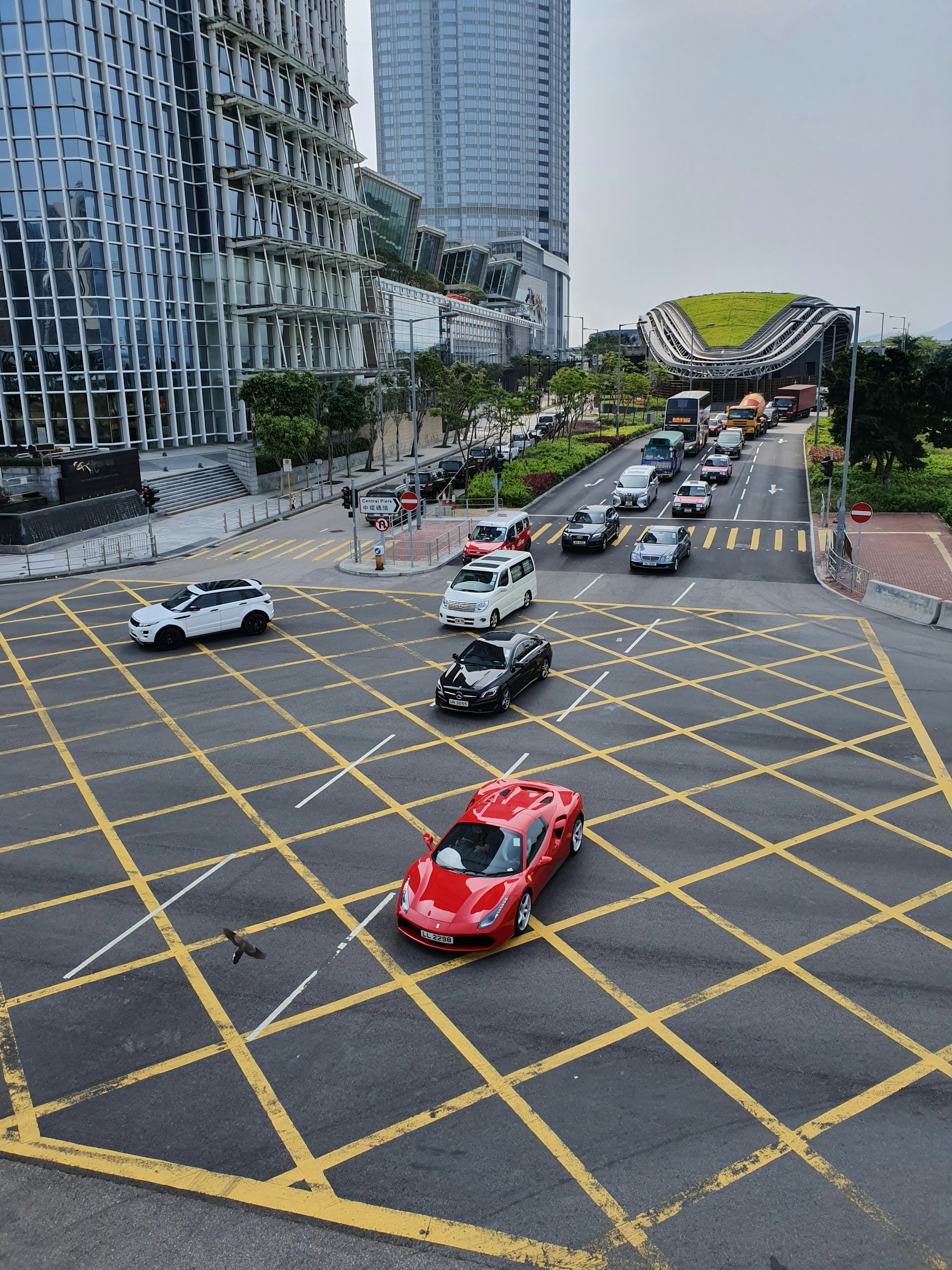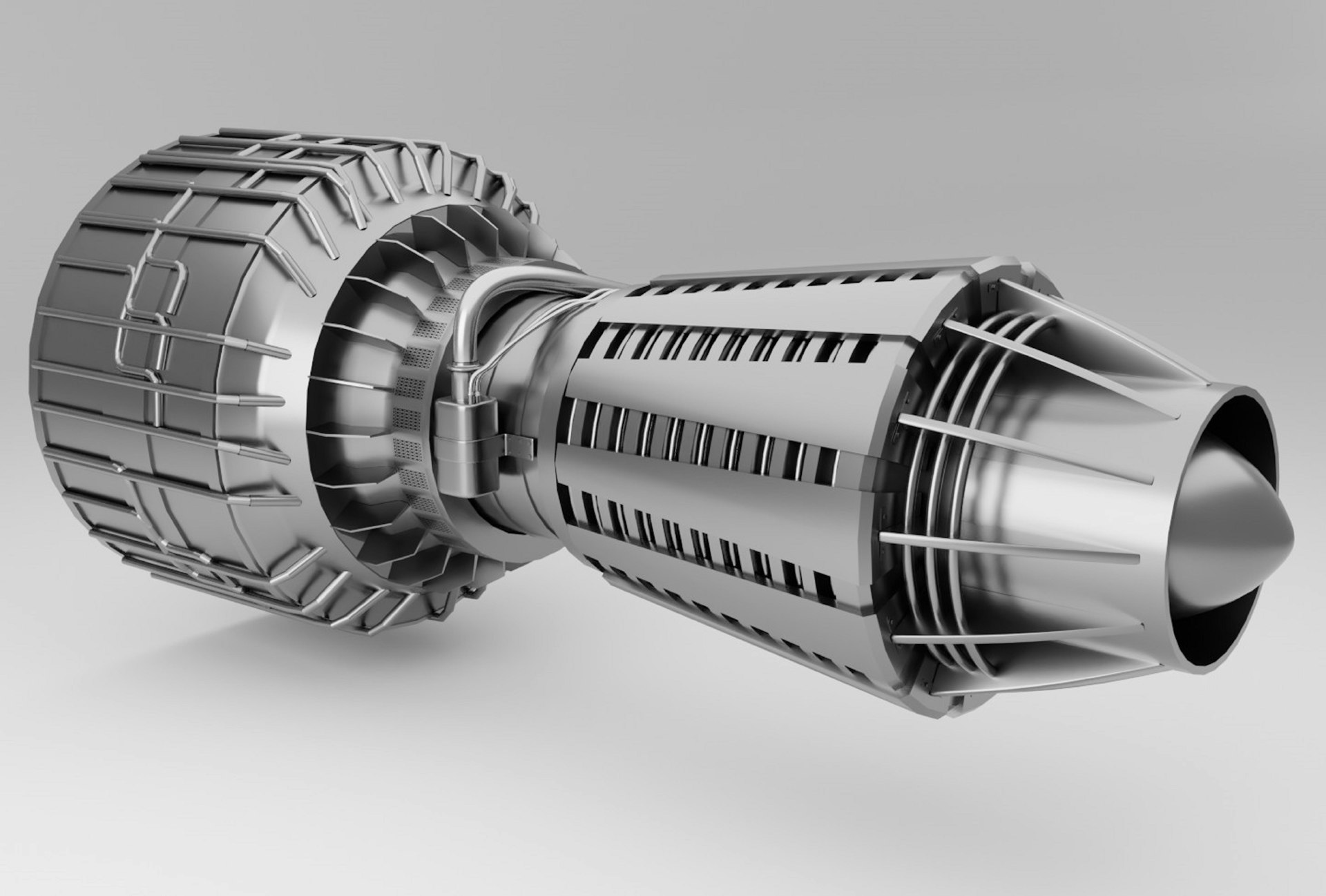Unlocking the Future: How DAOs Are Shaping Tomorrow’s Organizations

Photo by Samuel Regan-Asante on Unsplash
Introduction: The Emergence and Promise of DAOs
Decentralized Autonomous Organizations (DAOs) are rapidly redefining how organizations govern, collaborate, and innovate. Built on blockchain and smart contract technology, DAOs operate without central management, relying on transparent, collective decision-making by stakeholders holding governance tokens. This model is disrupting established systems across industries and promises new levels of trust, efficiency, and inclusivity [1] .
How DAOs Work: Governance Without Central Authority
DAOs leverage blockchain and smart contracts to automate organizational operations. Smart contracts encode voting mechanisms, fund management, and rule changes, ensuring that all actions are recorded transparently and immutably on the blockchain. Members-often called token holders-propose and vote on changes, with voting power typically proportional to their token holdings. This structure eliminates intermediaries and promotes fair governance [3] .
To participate in a DAO, you can:
- Research existing DAOs on platforms such as Aragon, Gnosis, or Uniswap (verify project sites before engaging).
- Acquire governance tokens via reputable exchanges or directly through official DAO portals.
- Engage in community forums to propose, discuss, and vote on organizational decisions.
Each DAO may have its own onboarding process, so review official documentation for the specific steps required.
Key Trends Shaping the Future of DAOs
The future of DAOs is characterized by several critical trends and innovations:
1. Expansion Into New Sectors
DAOs are moving beyond the cryptocurrency realm and finding applications in finance, governance, art, gaming, healthcare, and more. Their decentralized decision-making frameworks are attractive to industries seeking transparency and efficiency [1] .
For example, Decentralized Finance (DeFi) DAOs oversee lending protocols, investment funds, and insurance, allowing users to collectively manage and profit from these services [4] . In content creation, DAOs enable creators to co-manage projects and monetize work democratically.
2. Innovative Governance Models
Governance mechanisms are evolving to address scalability, efficiency, and inclusivity. Models such as quadratic voting (which gives more balanced influence to participants), reputation-based systems, and delegated decision-making are being tested. These approaches aim to increase member participation while ensuring fair representation [1] .
Action Steps:
- Review the governance model of any DAO before joining. Look for documentation on voting procedures and member rights.
- Participate in governance token distributions or incentive programs to increase your engagement and decision-making power.
3. Regulatory Developments and Compliance
Regulation is emerging as a key factor in DAO development. Governments are starting to propose frameworks to clarify how DAOs operate, particularly regarding funding, decision-making, and member rights. For instance, the European Union has initiated a regulatory framework for blockchain entrepreneurship, which may influence future DAO policies globally [2] .
To navigate this changing landscape:
- Monitor official government websites and regulatory agencies for updates on DAO-related laws and compliance requirements.
- Consult legal professionals specializing in blockchain when considering launching or joining a DAO.
4. Technology Integration: AI and Machine Learning
Advanced blockchain solutions are increasing transparency and security. The integration of artificial intelligence (AI) and machine learning within DAOs is enabling more sophisticated data analysis, automated decision-making, and resource optimization. These technologies will further reduce reliance on intermediaries and enhance collaborative capabilities [2] .
For implementation:
- Look for DAOs that openly publish their use of AI or advanced blockchain analytics.
- Engage with DAOs utilizing smart contracts for automation to experience the benefits firsthand.
5. Investment Dynamics and Crowdfunding
DAOs are attracting a wider range of investors, including venture capitalists and digital entrepreneurs. Crowdfunding models allow many participants to pool resources, democratizing access to investment opportunities and fostering community involvement [2] .
To participate:

Photo by julien Tromeur on Unsplash
- Review official DAO investment portals and community guidelines for information on how to contribute funds.
- Evaluate risks and rewards carefully, as DAO investments are subject to market and governance variability.
Future Use Cases and Industry Applications
DAOs are set to revolutionize:
- Supply Chain Management : Stakeholders can track products from origin to consumer, improving transparency and reducing costs [4] .
- Social Impact and Environmental Sustainability : DAOs fund and manage initiatives, allowing community members to vote on projects and facilitate transparent donation systems.
- Digital Community Governance : Online communities use DAOs to establish and manage rules, policies, and collaborative projects.
For practical engagement:
- Search for DAOs aligned with your interests or sector on reputable blockchain directories and community forums.
- Review case studies on sites such as QuickNode, Aragon, or Gnosis to learn from top-performing DAOs [5] .
Challenges and Solutions for DAOs
The rise of DAOs is not without obstacles. Key challenges include:
- Scalability : Large DAOs can face slow decision-making and participation issues. Innovative voting systems and governance tools are addressing these problems [1] .
- Security Risks : Smart contract vulnerabilities can expose DAOs to attacks. Regular audits and transparent coding practices are essential.
- Regulatory Uncertainty : Evolving legal frameworks require DAOs to stay informed and adaptable.
Recommended approaches:
- Participate in DAOs committed to regular security audits and open-source development.
- Engage with communities that foster ongoing education and legal support for members.
Step-by-Step: Getting Involved with DAOs
For those interested in joining or launching a DAO, consider these steps:
- Identify a DAO through verified blockchain directories or community forums.
- Review the DAO’s governance model, documentation, and onboarding requirements.
- Acquire governance tokens via official channels or exchanges.
- Participate in proposals, discussions, and voting processes as outlined by the DAO.
- Stay informed about regulatory changes and industry trends through reputable sources and professional networks.
When uncertain about links or joining instructions, use official DAO names and search for their verified portals. Avoid third-party sites unless their authenticity has been confirmed.
Alternative Pathways and Future Outlook
While DAOs represent a transformative shift, traditional organizations may also adopt decentralized elements, such as distributed governance or transparent operations, without full blockchain integration. Hybrid models could emerge, bridging centralized and decentralized systems for optimal flexibility.
As the DAO ecosystem grows, expect further integration with AI, expanded regulatory clarity, and broader adoption across both niche and mainstream sectors. To stay ahead:
- Monitor industry news from authoritative blockchain publications and regulatory agencies.
- Engage with leading DAO communities and forums to learn best practices and innovative models.
References
- [1] Cypherock (2023). The Future of DAOs: Trends, Challenges, and Opportunities.
- [2] Wealth Formula (2023). Decentralized Autonomous Corporations: Next Frontier in Business.
- [3] OSL (2025). DAO: The Future of Decentralized Autonomous Organizations.
- [4] Rapid Innovation (2024). The Future of DAOs: Top 10 Trends and Innovations for 2024.
- [5] QuickNode (2024). Top 10 Decentralized Autonomous Organizations.
MORE FROM couponnic.com





